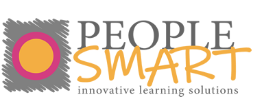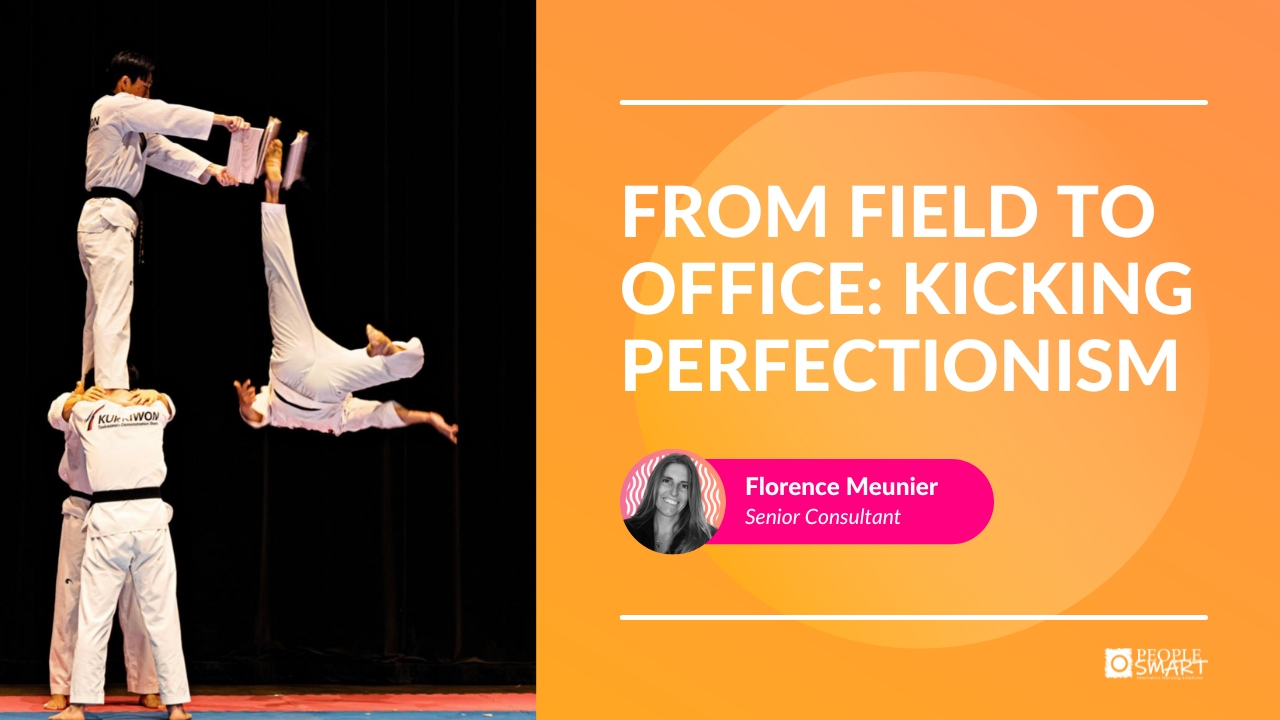Since the onset of the COVID crisis, there has been a very lively and rich discussion around what this all means for leadership under the extreme conditions we have been going through. What follows is a very personal contribution, based on my initial training as a social historian and 37 years of experience in the Learning and Development space.
Even with the tremendous advances in Artificial Intelligence and Machine Learning, human beings (and by extension, leaders) will continue to play a critical role in the success of organizations. But this raises a new series of questions: who we recruit, who we promote, who we decide to invest in for L+D spend, how we recognize and reward. There are a few leadership models out there with 6 dimensions and perhaps the TALENT “proto-model” proposed below could make a small contribution to how we can collectively consider updating our pre-existing models on leadership for the COVID Era.
Lean
Lean has a well-proven track record in terms of improving industrial performance. Could we apply some of its basic tenets more systematically to Leadership? In my opinion, one of the key learnings of the lockdown is that business performance was not necessarily negatively impacted by fewer meetings, less bureaucracy and the suddenly forced experimentation with remote/hybrid working. When we consider the well-known Eisenhower Matrix (with 4 quadrants – on the vertical axis “importance” and on the horizontal access “urgency”), I think that the lower right-hand quadrant (non-urgent/ unimportant) has proven to be much larger than 25%.

Source: https://theblogrelay.com/eisenhower-matrix-for-decision-making/
In terms of the LEAN dimension, could sociologists help us better understand what we need in terms of leadership for this COVID Era? François Dupuy (whom I had the great pleasure of meeting on a number of occasions) – wrote a seminal work back in 2011: Lost in Management. He very knowingly speaks of how organizations – by creating rules and processes to ensure “homogeneity and clarity” – actually create what he calls “intermediary bureaucracies”. In a famous quotation of the Franco-Austrian sociologist Erhard Friedberg (my loose translation): “Rules are not important for what they say but how the actors make use of them”. In a nutshell, organizations have proven to be very effective in adding layers of bureaucracy and paying people to manage all of this (processes, reporting…). Could we use this period of “forced reflection”, to get leaders to more deeply reflect on the cost-benefit analysis of corporate processes? The clear risk is that our new hybrid working mode – back-to-back Zoom/ Teams/ Cisco meetings – could actually replicate and in fact reinforce existing corporate bureaucracies. Could we rather seize the occasion to re-think, re-set and reframe (something around “Back to the Basics”?). Could LEAN methodology in terms of leadership help us here? There has always been a fine line in balancing the well-founded need to create a robust corporate process whilst fostering innovation (along with getting a maximum out of our increasingly diverse talents). In a nutshell, how can we benefit from adding more fluidity and flexibility to our modes of leadership? We also need to think about what this means for “scaling-up” in fast-growing organizations, where remote working has become dominant.
As we will be seeing in the TIME dimension below, some leaders have difficulties in changing their management practices for COVID-era hybrid working (e.g., continuing to control and supervise the schedules of their team members). These ‘old-school’ leaders already had a preference for spending most of their time in meetings. The ever-provocative Elon Musk has recently pleaded for CEOs to spend less time in meetings and reduce their use of PowerPoint.
Food for thought:
How can we most effectively apply LEAN to our leadership behaviours?
How can we “protect” our teams from corporate bureaucracy whilst maintaining a minimal level of control?






